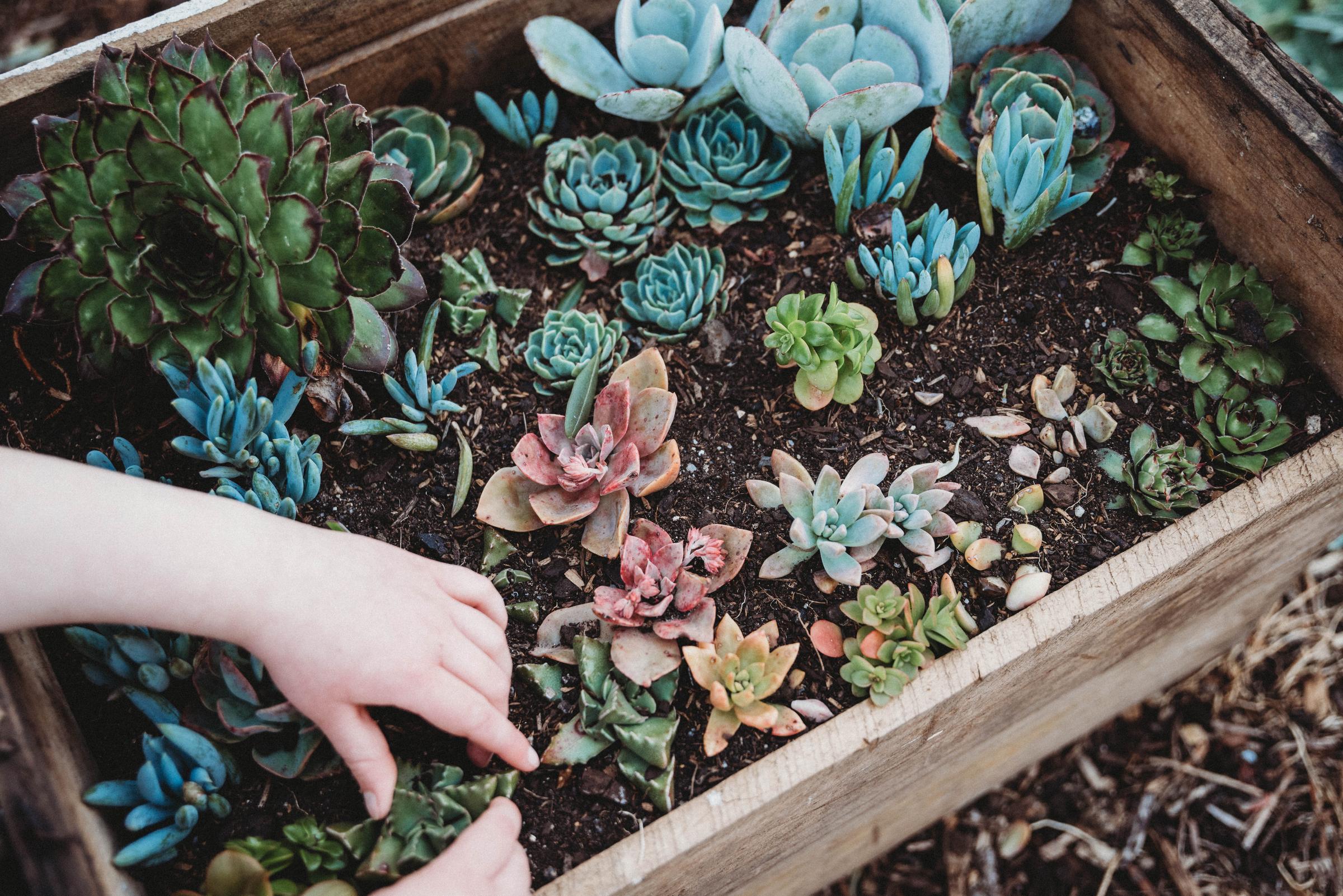Wellbeing at TPS

Resilience
Finishing school holidays and beginning a new term always requires resilience from children. Our children need to adjust to different routines, their social interactions increase, they need to persist when their work gets challenging, and recover quickly from making mistakes.
You hear the word a lot, probably have a good understanding of what it means, it’s one of our school values, but HOW do we build resilience in our young people?
Children who are resilient can recover from setbacks and get back to living their lives more quickly. And when children overcome setbacks and problems, it builds their confidence and helps them feel more capable the next time a problem comes up.
How can I build resilience in my child?
Children learn resilience through experience. Each time your child overcomes a problem, it builds their confidence in their ability to handle the next challenge.
Here are some ways you can build your child’s resilience:
- Support your child but try not to solve every minor problem or disappointment. For example, if your child doesn’t get invited to a birthday party or didn’t get what they want for their birthday, you could talk about how they feel instead of trying to fix the problem.
- Avoid predicting and preventing problems for your child. This might mean letting your child hand in homework that’s wrong or not replacing a broken toy. Overcoming small challenges builds your child’s resilience for bigger setbacks.
- Help your child to identify and manage strong emotions. For example, your child might be worried about a family member who’s sick. You could say, ‘I can see you’re really worried about Grandpa. It’s OK to be worried. But remember we’re doing everything we can to help him get better’.
- Encourage your child to have another go when things don’t work out the first time they try something. Praise your child for trying, no matter the result. You could say ‘I’m proud of you for finishing the race’ or ‘Well done for giving it another go’.
- Build your child’s self-compassion. Self-compassion helps your child deal with disappointment, failures or mistakes by being kind to themselves. In turn, this helps them to move on from difficult experiences.
- Make it a habit to recognise and acknowledge when things are going well. For example, during family meals you could each share one positive thing from your day.
- Help your child to develop problem-solving skills in an age-appropriate way. For example, if a child at school says or does something unkind to your child, map out the different options your child may have on how to respond. Discuss how your child might respond next time.
- Find a positive role model who has experienced similar challenges to your child. For example, your child might find support in an older friend whose parents have separated or who has lost a family member.
Resilient children are less likely to avoid problems or deal with them in unhealthy ways, like getting defensive or aggressive or intentionally hurting themselves. Resilient children are also likely to have better physical and mental health than children who struggle to be resilient.
